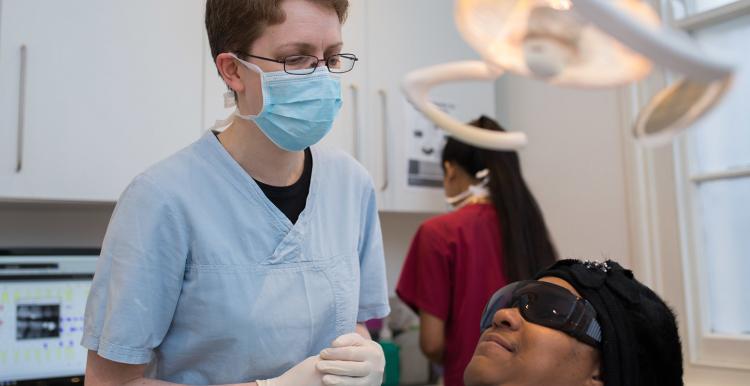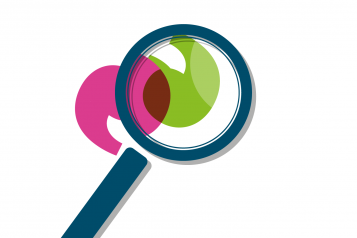How can you find an NHS dentist?

Everyone should be able to get the care and advice they need to keep their teeth healthy. But more than two million adults in England are unable to see an NHS dentist, according to the BBC. Many people also tell us they face similar issues, and it’s not always easy to find an NHS dentist.
Where’s your nearest dentist?
Use the NHS website to search for a dentist near you. The site also provides information on which dental practices are currently accepting new patients, whether they offer urgent appointments, and how other people have rated the service.
While this is a good starting point to finding a local dentist, people often tell us that these records aren't always kept updated, so you should contact the practice directly to find out more information. If the records are out of date, you should let the practice know.
You can also visit a dentist outside your local area if it’s more convenient. For example, if you prefer to see a dentist near where you work.
What happens if you can’t find an NHS dentist taking new patients?
If you’re struggling to find an NHS dentist which is taking on new patients, contact us and we'll do our best to help.
You should also notify NHS England about the issue, as it has a duty to provide routine and urgent dental care across the country.
What to do if you have a dental emergency?
If you need immediate care for your teeth, you should:
- Ask your regular dentist whether they can offer an emergency appointment.
- Phone NHS111 who can locate an urgent dental service.
- Visit A&E if you experience severe pain, heavy bleeding, or injuries to the face, mouth or teeth.
How much does dental treatment cost?
Most people will have to pay towards the cost of dental treatment, but some patients are exempt.
A basic routine examination, which includes diagnosis, advice, a scale and polish if clinically needed and some preventative care, costs £22.70 (November, 2019). However, if you require further dental treatment this will be an additional cost.
Dental practices usually offer both NHS and private dental care. You should check whether you are paying for NHS, private treatment, or both before you begin your treatment.
NHS dentists should always:
- Explain which treatments are available on the NHS.
- Explain which treatments are only available privately.
- Make sure you know how much your NHS treatment and private treatment will cost.
Find out more about what you should expect to pay for treatment.
How can you check whether your dentist is qualified?
A list of all qualified dentists in the UK is available via the register of the General Dental Council (GDC), which is the regulatory body for the profession.
What to do if you’re unhappy with your treatment
If you’ve had a bad experience, find out how to make a complaint using the Healthwatch online tool. You can also check out advice from the Oral Health Foundation.

